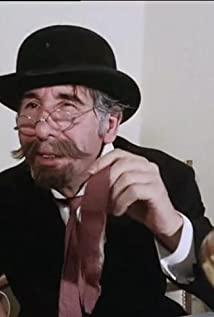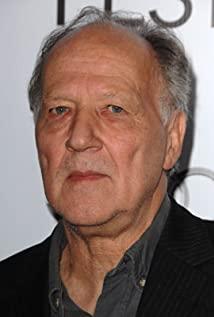Watching "The Mystery of Garth Hober" today, I suddenly discovered the helplessness of people. Everyone is born in a cage, only Kaspar is lucky. Our brains are born without possibility: this is an apple, that is a chair, monkeys have tails, pork is edible. Once educated, one can no longer escape such a prison.
Is there really only one logic? Using existing logic to prove the uniqueness of "logic" is not the same as perceiving the existence of absolute rationality within the framework of rationality? Where is human creativity? Is it not comprehension? Or a kind of accumulation of knowledge and knowledge? What is the use of language if man is alone and alone? Language is a tool of society, and only society can have language. Is understanding destined to be sacrificed? Why those with knowledge cannot occupy Kaspar's brain. Because he has his own concept and his own way of knowing; and, most importantly, such a knowing is absolutely intelligent and not ignorant. In this way, it seems that language (or those common concepts) imprison the mind. Strangely, language is only a tool for communication, but it swallows people's hearts instead. This is really a contradictory thing.
Isn't language, as a tool of communication, the greatest blasphemy against a single individual with an independent mind?
At the beginning of "The Mystery of Garth Hopper", there is a sentence that puzzles me until the end: Don't you hear the screams of horror around you? Is that screaming man shouting for silence? It seems to be a monologue by the protagonist Kaspar. Here other people can't understand him, and he can't understand others. It's an honor for people to have a personality confrontation with this society. But Kaspar is sad, when he has thoughts, when he has the desire to understand others, he becomes a tragedy.
The first time he touched the fire, he burst into tears. (hot)
He has his own concept of big and small.
He has a single faith and sits on his knees with God.
He thinks that apples are smart elves, whose intelligence surpasses that of human beings.
Listening to Beethoven's music, he said, "I feel very strong inside, but I am unexpectedly old."
He planted his name on watercress seeds and wrote biographical novels in words no one knew.
In two years, he has a language, and he hopes to be liked by people. In the process, however, he is old, he has fallen, and he is going to die.
Isn't this the demise of man's spirituality?
Why, "spiritual phenomenon" can only be a method of our understanding, rather than a right or instinct that we know? Knowing the world and expressing the world are two contradictory processes. One day, when there is only oneself in our world, we don’t need others, no communication, and no language; everyone has a unique concept in their mind. Then our minds will be freed.
At that time, you must have thought the following words were so philosophical:
"Good morning, the kitten is so white. Can I sit next to you?
Be nice to my kitten, then you can sit here.
Lala . La, I like this milk
la la la, smooth as silk."
View more about The Enigma of Kaspar Hauser reviews









